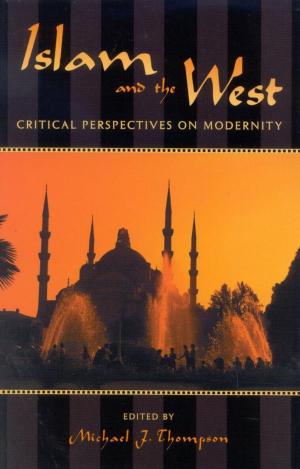| Author: | Barry Morton, Jeff Ramsay | ISBN: | 9781538111338 |
| Publisher: | Rowman & Littlefield Publishers | Publication: | June 13, 2018 |
| Imprint: | Rowman & Littlefield Publishers | Language: | English |
| Author: | Barry Morton, Jeff Ramsay |
| ISBN: | 9781538111338 |
| Publisher: | Rowman & Littlefield Publishers |
| Publication: | June 13, 2018 |
| Imprint: | Rowman & Littlefield Publishers |
| Language: | English |
The death of Botswana’s last founding father, Sir Ketumile Quett Masire, in June 2017, marked the end of an era. Since the release of the Fourth Edition of Historical Dictionary of Botswana in 2008, Botswana has gone through its most turbulent and divided decade to date. Throughout September 2016, when Botswana celebrated its 50th anniversary of independence, all the successes of the Seretse and Masire era were sources of massive national pride. Botswana had expanded provisions of electricity, water, education, and health services to almost all of its people and become a model nation that owned its natural resources and plowed the profits back into the nation’s development. Despite these successes, Botswana has a high unemployment rate (about 20 percent) and a much larger cohort of the underemployed.
This fifth edition of Historical Dictionary of Botswana contains a chronology, an introduction, appendixes, an extensive bibliography, and more than 700 cross-referenced entries on important personalities and aspects of the country’s politics, economy, foreign relations, religion, and culture. This book is an excellent resource for students, researchers, and anyone wanting to know more about Botswana.
The death of Botswana’s last founding father, Sir Ketumile Quett Masire, in June 2017, marked the end of an era. Since the release of the Fourth Edition of Historical Dictionary of Botswana in 2008, Botswana has gone through its most turbulent and divided decade to date. Throughout September 2016, when Botswana celebrated its 50th anniversary of independence, all the successes of the Seretse and Masire era were sources of massive national pride. Botswana had expanded provisions of electricity, water, education, and health services to almost all of its people and become a model nation that owned its natural resources and plowed the profits back into the nation’s development. Despite these successes, Botswana has a high unemployment rate (about 20 percent) and a much larger cohort of the underemployed.
This fifth edition of Historical Dictionary of Botswana contains a chronology, an introduction, appendixes, an extensive bibliography, and more than 700 cross-referenced entries on important personalities and aspects of the country’s politics, economy, foreign relations, religion, and culture. This book is an excellent resource for students, researchers, and anyone wanting to know more about Botswana.















